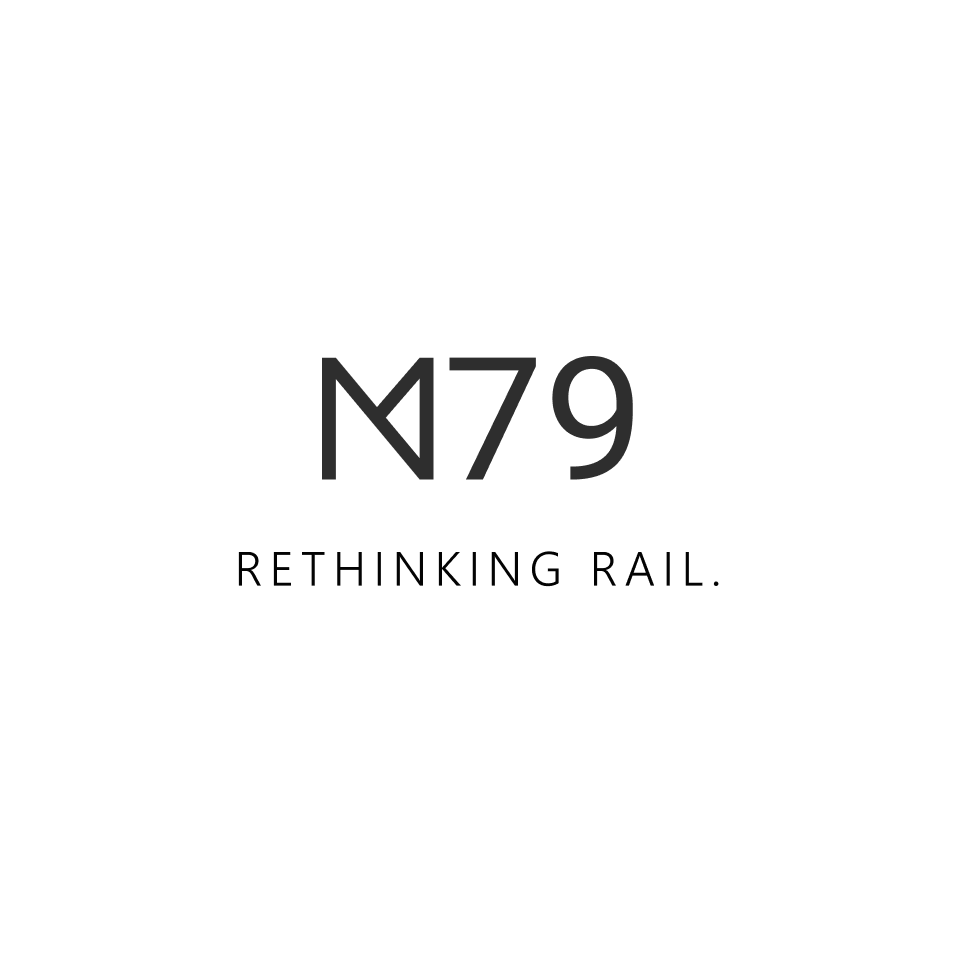The Rise of ClimateTech and Gaming Startups in Germany
January 30, 2025, 4:22 pm
Germany's startup scene is buzzing. Two sectors are leading the charge: gaming and ClimateTech. Both are not just surviving; they are thriving. The numbers tell a compelling story.
Kolibri Games, a Berlin-based gaming company, is a shining example. Founded in 2016, it has become a powerhouse. In the fiscal year 2023-2024, Kolibri Games reported a revenue of €46.7 million. That’s a leap from €33.7 million the previous year. The company’s net profit also rose, hitting €4.6 million, up from €3.1 million. This growth is no accident. It stems from aggressive customer acquisition strategies. The launch of their new title, Idle Bank Tycoon, played a pivotal role. The game’s initial success drove a surge in advertising revenue. Kolibri Games is not just resting on its laurels. They anticipate a revenue of €35.9 million for the upcoming fiscal year. However, they caution that new game releases won’t come until March 2025. This highlights a common challenge in the gaming industry: creating hits is not a simple task.
Meanwhile, the ClimateTech sector is also making waves. Ocell, a Munich-based startup, recently secured €10 million in funding. This investment came from notable players like Capnamic and Bayern Kapital. Ocell is on a mission to revolutionize forestry management. They’ve developed a digital operating system for sustainable forestry. Their goal? To help companies invest in reliable climate projects. By incentivizing forest owners to store more CO2, they are tackling climate change head-on. The company’s innovative approach combines aerial imagery with artificial intelligence. This creates digital twins of forests, allowing for better management and investment strategies.
Ocell’s growth is impressive. In just a few years, they’ve expanded their team from 30 to 50 employees. The new funding will accelerate their technology development and expand their reach across Europe. Their focus markets include Northern Europe and the Baltics. This is a clear indication that ClimateTech is not just a trend; it’s a burgeoning industry with significant potential.
The investment landscape is also shifting. Menlo79, another startup, recently raised €2.1 million. This Berlin-based company specializes in workforce management for the rail and logistics sectors. Their platform, Wilson, is designed to streamline operations across companies. The funding will help them enhance their features and conduct pilot tests with clients.
In the same vein, Saxovent has invested €500,000 in Hellgrün, a Cologne-based fintech. Hellgrün focuses on solar energy investments. They handle everything from site selection to installation and marketing of energy. This investment highlights the growing interest in renewable energy solutions.
The challenges in the real estate market are evident. McMakler, a Berlin-based real estate startup, is facing difficulties. They have announced layoffs, reflecting the tough conditions in the property sector. This is a stark reminder that not all startups are flourishing.
The startup ecosystem is dynamic. New opportunities arise while others face hurdles. The balance between innovation and market realities is delicate.
The trend of ClimateTech investments is not isolated. It reflects a broader shift towards sustainability. Investors are increasingly looking for green solutions. This is not just a passing phase; it’s a fundamental change in how businesses operate.
The gaming industry, on the other hand, showcases resilience. Companies like Kolibri Games are adapting to market demands. They are leveraging technology and creativity to stay ahead. The competition is fierce, but the rewards are substantial.
As we look ahead, the interplay between these sectors will be fascinating. Will gaming companies embrace sustainability? Can ClimateTech firms tap into the gaming market for awareness and engagement?
The startup landscape in Germany is a vibrant tapestry. Each thread represents innovation, ambition, and the drive to make a difference. The stories of Kolibri Games and Ocell are just the beginning.
Investors are keen to support ventures that align with their values. The appetite for sustainable solutions is growing. This trend is likely to continue, shaping the future of the startup ecosystem.
In conclusion, Germany’s startup scene is a microcosm of global trends. The rise of ClimateTech and gaming is a testament to innovation’s power. As these sectors evolve, they will redefine what it means to be a startup in the 21st century. The journey is just beginning, and the possibilities are endless.
Germany is not just a player in the startup game; it’s a leader. The world is watching. The next big breakthrough could be just around the corner. The future is bright for those willing to take the leap.
Kolibri Games, a Berlin-based gaming company, is a shining example. Founded in 2016, it has become a powerhouse. In the fiscal year 2023-2024, Kolibri Games reported a revenue of €46.7 million. That’s a leap from €33.7 million the previous year. The company’s net profit also rose, hitting €4.6 million, up from €3.1 million. This growth is no accident. It stems from aggressive customer acquisition strategies. The launch of their new title, Idle Bank Tycoon, played a pivotal role. The game’s initial success drove a surge in advertising revenue. Kolibri Games is not just resting on its laurels. They anticipate a revenue of €35.9 million for the upcoming fiscal year. However, they caution that new game releases won’t come until March 2025. This highlights a common challenge in the gaming industry: creating hits is not a simple task.
Meanwhile, the ClimateTech sector is also making waves. Ocell, a Munich-based startup, recently secured €10 million in funding. This investment came from notable players like Capnamic and Bayern Kapital. Ocell is on a mission to revolutionize forestry management. They’ve developed a digital operating system for sustainable forestry. Their goal? To help companies invest in reliable climate projects. By incentivizing forest owners to store more CO2, they are tackling climate change head-on. The company’s innovative approach combines aerial imagery with artificial intelligence. This creates digital twins of forests, allowing for better management and investment strategies.
Ocell’s growth is impressive. In just a few years, they’ve expanded their team from 30 to 50 employees. The new funding will accelerate their technology development and expand their reach across Europe. Their focus markets include Northern Europe and the Baltics. This is a clear indication that ClimateTech is not just a trend; it’s a burgeoning industry with significant potential.
The investment landscape is also shifting. Menlo79, another startup, recently raised €2.1 million. This Berlin-based company specializes in workforce management for the rail and logistics sectors. Their platform, Wilson, is designed to streamline operations across companies. The funding will help them enhance their features and conduct pilot tests with clients.
In the same vein, Saxovent has invested €500,000 in Hellgrün, a Cologne-based fintech. Hellgrün focuses on solar energy investments. They handle everything from site selection to installation and marketing of energy. This investment highlights the growing interest in renewable energy solutions.
The challenges in the real estate market are evident. McMakler, a Berlin-based real estate startup, is facing difficulties. They have announced layoffs, reflecting the tough conditions in the property sector. This is a stark reminder that not all startups are flourishing.
The startup ecosystem is dynamic. New opportunities arise while others face hurdles. The balance between innovation and market realities is delicate.
The trend of ClimateTech investments is not isolated. It reflects a broader shift towards sustainability. Investors are increasingly looking for green solutions. This is not just a passing phase; it’s a fundamental change in how businesses operate.
The gaming industry, on the other hand, showcases resilience. Companies like Kolibri Games are adapting to market demands. They are leveraging technology and creativity to stay ahead. The competition is fierce, but the rewards are substantial.
As we look ahead, the interplay between these sectors will be fascinating. Will gaming companies embrace sustainability? Can ClimateTech firms tap into the gaming market for awareness and engagement?
The startup landscape in Germany is a vibrant tapestry. Each thread represents innovation, ambition, and the drive to make a difference. The stories of Kolibri Games and Ocell are just the beginning.
Investors are keen to support ventures that align with their values. The appetite for sustainable solutions is growing. This trend is likely to continue, shaping the future of the startup ecosystem.
In conclusion, Germany’s startup scene is a microcosm of global trends. The rise of ClimateTech and gaming is a testament to innovation’s power. As these sectors evolve, they will redefine what it means to be a startup in the 21st century. The journey is just beginning, and the possibilities are endless.
Germany is not just a player in the startup game; it’s a leader. The world is watching. The next big breakthrough could be just around the corner. The future is bright for those willing to take the leap.

